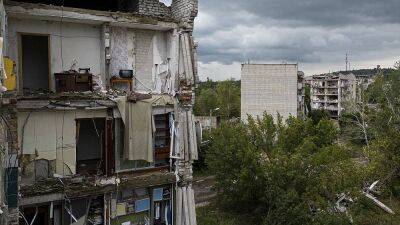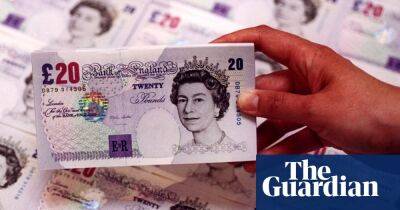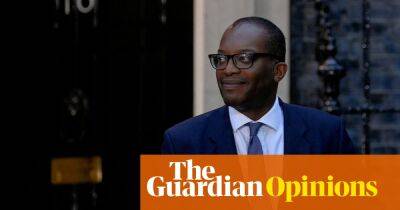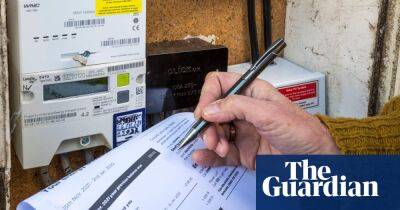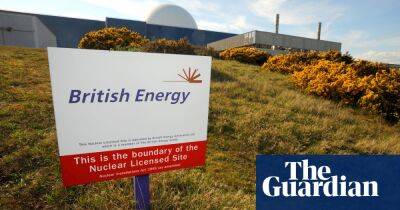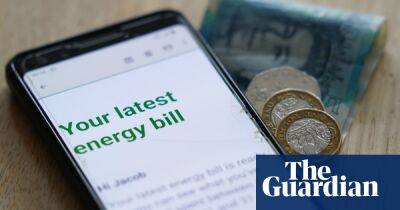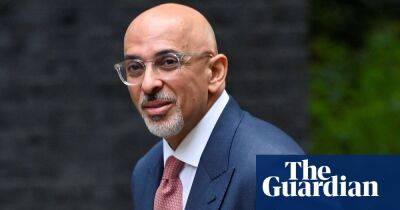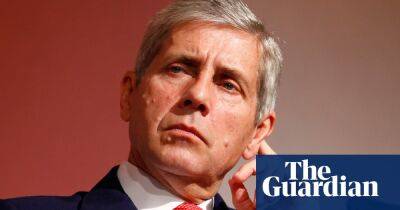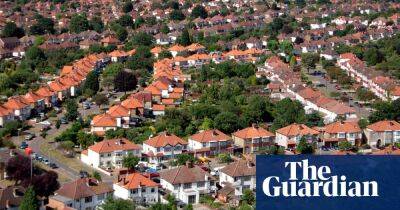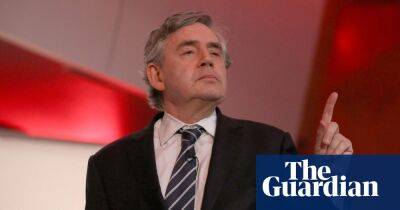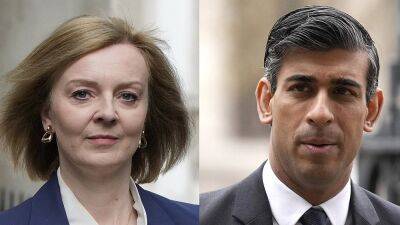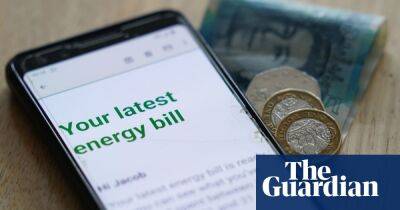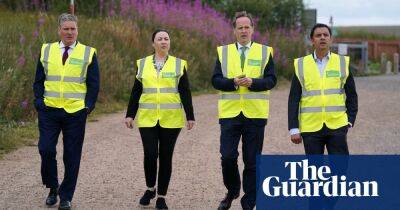How to tackle the UK cost of living crisis – the main economic ideas
Boris Johnson has said he will not introduce any new measures to deal with the cost of living crisis. Big spending decisions are being delayed until his successor as prime minister is in post. However, the result of the Conservative leadership election will not be announced until 5 September.
In the meantime, a major increase in the regulated energy price cap, which puts a ceiling on gas and electricity bills, is due to be announced this Friday. It is forecast to rise to just under from just under £2,000, to £3,600 a year for the average household.
While the nation waits to hear whether any further help is coming, the Treasury is working on a menu of options. Here we outline the main ideas, and assess the political and economic impact of each one.
The most limited option for the Treasury is to direct additional help for households to those on the lowest incomes, many of whom are already in fuel poverty and struggling even before the bill increases come in this winter. More than half of British households, 54%, will be in fuel poverty by October and more still in January.
The most targeted way of getting money to the most vulnerable is via increases in universal credit and pension credit. Truss has also promised to reverse the national insurance rise – though many poorer households were not affected by that because the last cost of living intervention by Rishi Sunak as chancellor.
Jessica Elgot: This is the most likely level of support Truss is prepared to offer, citing the cost of the package from Sunak announced earlier this year and with the need to fund her promised tax cuts. She has called it “Gordon Brown economics” to have a high tax burden and then high amounts of state help. But such a route would mean starting her
Read more on theguardian.com



